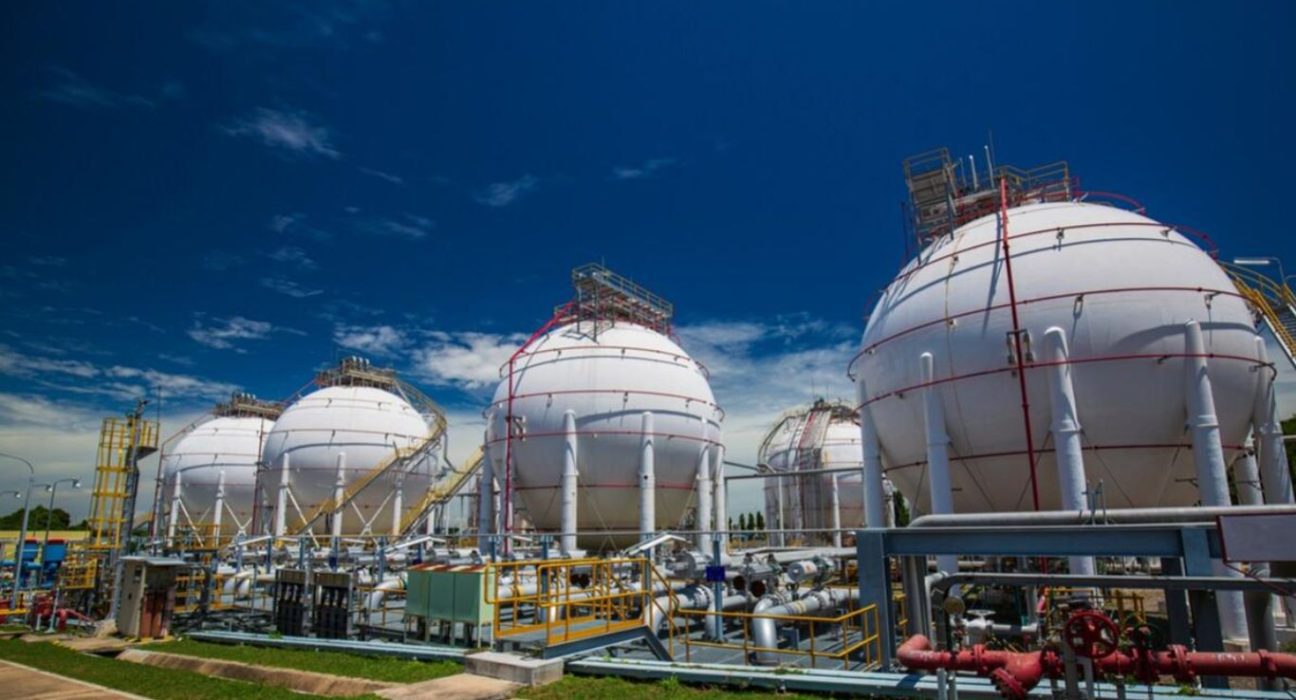Introduction
Natural gas prices witnessed a modest decline on Wednesday, reflecting a noteworthy shift in market dynamics. This decline occurred alongside an increase in open interest and trading volume, suggesting a potential continuation of the corrective decline in the near term. Since March, the natural gas market has been experiencing a broader consolidation phase. In this article, we delve into the details of the recent price movements, explore the factors influencing the market, and analyze the potential implications for the future.
Decline in Natural Gas Prices Amidst Growing Open Interest and Volume
The recent decline in natural gas prices comes as a result of multiple factors at play. While market analysts expected a price correction, the simultaneous increase in open interest and volume is worth noting. These metrics indicate a higher level of market participation, with more traders actively involved in natural gas futures contracts. The increased open interest and trading volume can introduce greater volatility and potentially exacerbate price movements in the near term.
Corrective Decline: Implications for the Natural Gas Market
The ongoing corrective decline in natural gas prices raises questions about the broader market outlook. While the decline may be seen as a short-term correction, it is important to consider the underlying market sentiment and economic factors. The consolidation phase that has been in place since March suggests a period of stability and market recalibration. This correction may serve as an opportunity for traders and investors to reassess their positions and adjust their strategies accordingly.
Factors Influencing Natural Gas Prices
Several factors contribute to the price movements in the natural gas market. One significant factor is supply and demand dynamics. Increased demand for natural gas in various sectors, such as electricity generation and industrial production, can drive prices higher. Conversely, if supply outpaces demand, prices may experience downward pressure. Additionally, geopolitical tensions, weather patterns, and changes in government policies regarding energy sources can significantly impact natural gas prices.
Market Consolidation Phase: A Review of Recent Trends
The market consolidation phase that began in March has created a range-bound trading environment for natural gas prices. During this period, prices have been trading within a specific range, characterized by a balance between buying and selling pressure. The consolidation phase reflects a period of equilibrium in the market, where neither bullish nor bearish sentiment dominates. Traders and investors closely monitor the market during this phase to identify potential breakout or reversal patterns that could signal the next significant price movement.
Short-Term Outlook: What to Expect
Given the recent decline and the continuation of the corrective decline, it is crucial to assess the short-term outlook for natural gas prices. While market fluctuations can be unpredictable, it is possible that prices may continue to experience downward pressure in the near term. However, it is important to exercise caution as market sentiment can quickly change based on various factors, including supply disruptions, unexpected shifts in demand, or geopolitical events.
Conclusion
In conclusion, Wednesday’s decline in natural gas prices, accompanied by growing open interest and volume, indicates a potential continuation of the corrective decline in the near term. The broader consolidation phase that has been ongoing since March suggests a period of recalibration and stability in the market. It is important for traders and investors to closely monitor the factors influencing natural gas prices and adapt their strategies accordingly. By staying informed and considering both short-term fluctuations and long-term trends, market participants can make informed decisions to navigate the natural gas market effectively.










